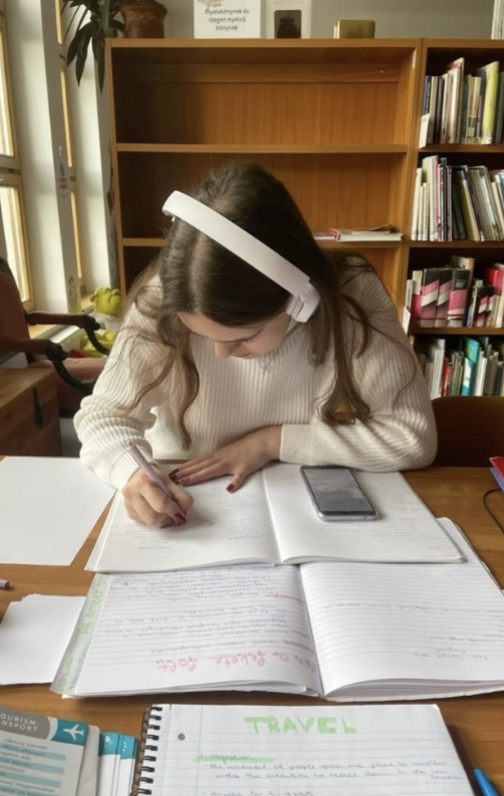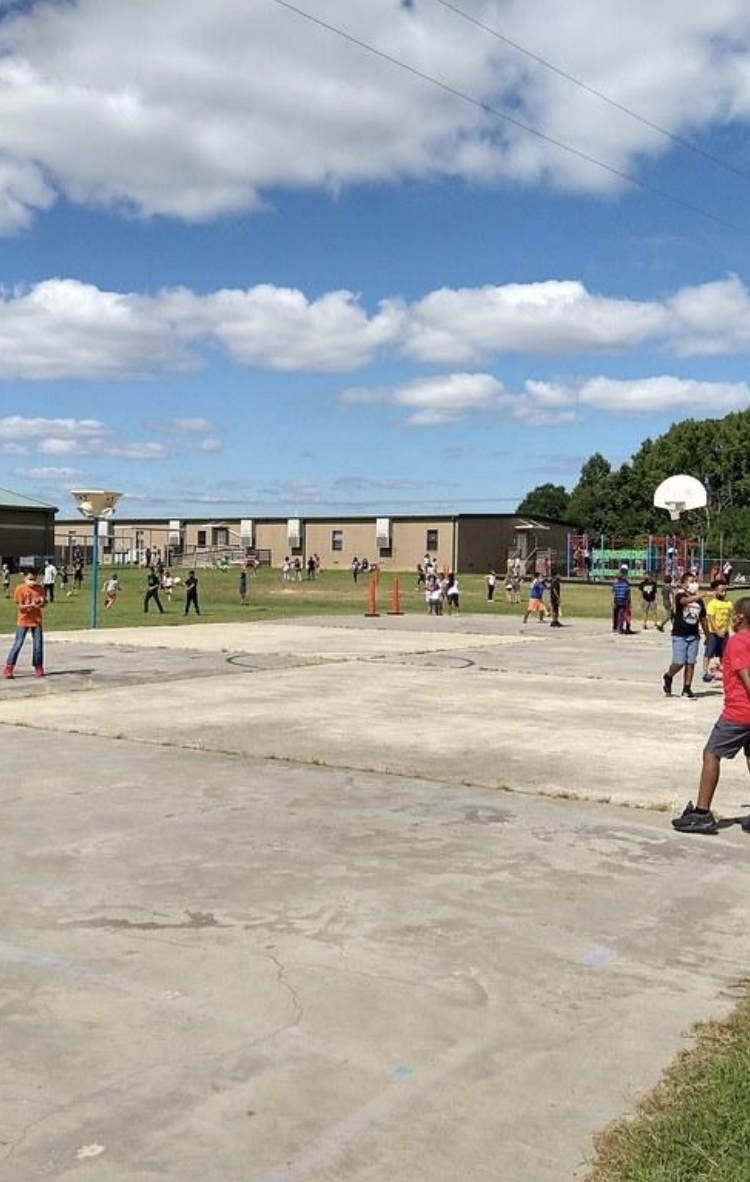By: Ella Wiebe, Staff Reporter

‘She was smart, but her constant procrastination led her to be late on submitting almost every assignment.’
Academic procrastination is the act of delaying school-related tasks and is often due to the fear of failure, lack of motivation, or even poor time management. It can lead to increased stress and lower academic performance. It is important to understand why students procrastinate and to create ways to overcome it.
Procrastination is a challenge faced by many students, often making them less productive and more stressed. Even when the deadline is well known, many students still delay their work. This academic procrastination is not just a factor of time management, but a complex behavioral issue. Understanding the psychology behind procrastination is important, and developing ways to overcome it.
“I tell myself I’ll start early, but then always end up scrolling on my phone. It’s like I can’t get myself to focus, even though I know I’m just wasting time and making things harder for me, ” freshman Aileen Morales said.
Morales helps us understand how social media can also impact our procrastination and lead us to not start on our work sooner. Academic procrastination often happens due to a few key factors. Fear of failure can cause students to freeze and make them delay tasks to avoid the potential failure of not meeting the expectations. Perfectionism also plays a role, like a student avoiding submitting assignments that they see as not perfect enough. A lack of motivation can also lead to procrastination, especially when the student does not find it particularly interesting. Poor time management can make this problem worse, and the student may begin to struggle to make an effort and make time for school tasks.
“I know I have to get started on my assignments, but it’s like I can’t make myself begin. It feels easier to wait until the last minute, even though it makes it more stressful,” freshman Bella Principato said.
Principato explains how procrastination can feel relieving in the moment, but only leads to more stress in the future. Overcoming academic procrastination takes both planning and self-control. Things like breaking tasks into smaller and more manageable chunks can make them seem less overwhelming, and making “deadlines” for yourself can help you keep on track of your school work. Creating a study schedule that has breaks and helps with productivity. It is also important to have a good study environment with limited distractions. Lastly, it can be a motivator to be rewarded after completing a task and can make academic tasks less stressful and more enjoyable.
Academic procrastination is a common challenge that can be very impactful on students’ performance and well-being. By being able to understand its causes and making plans like breaking tasks into smaller parts, setting deadlines, creating a study schedule, limiting distractions, and offering rewards, students can overcome procrastination. Doing these steps can help students have better time management, reduce stress, and even improve academic performance. This can lead the way to a more productive and successful time in school.
https://pmc.ncbi.nlm.nih.gov/articles
https://pmc.ncbi.nlm.nih.gov/articles/PMC9669985/
https://www.frontiersin.org/journals/psychology/articles/10.3389/fpsyg.2022.783570/full




























